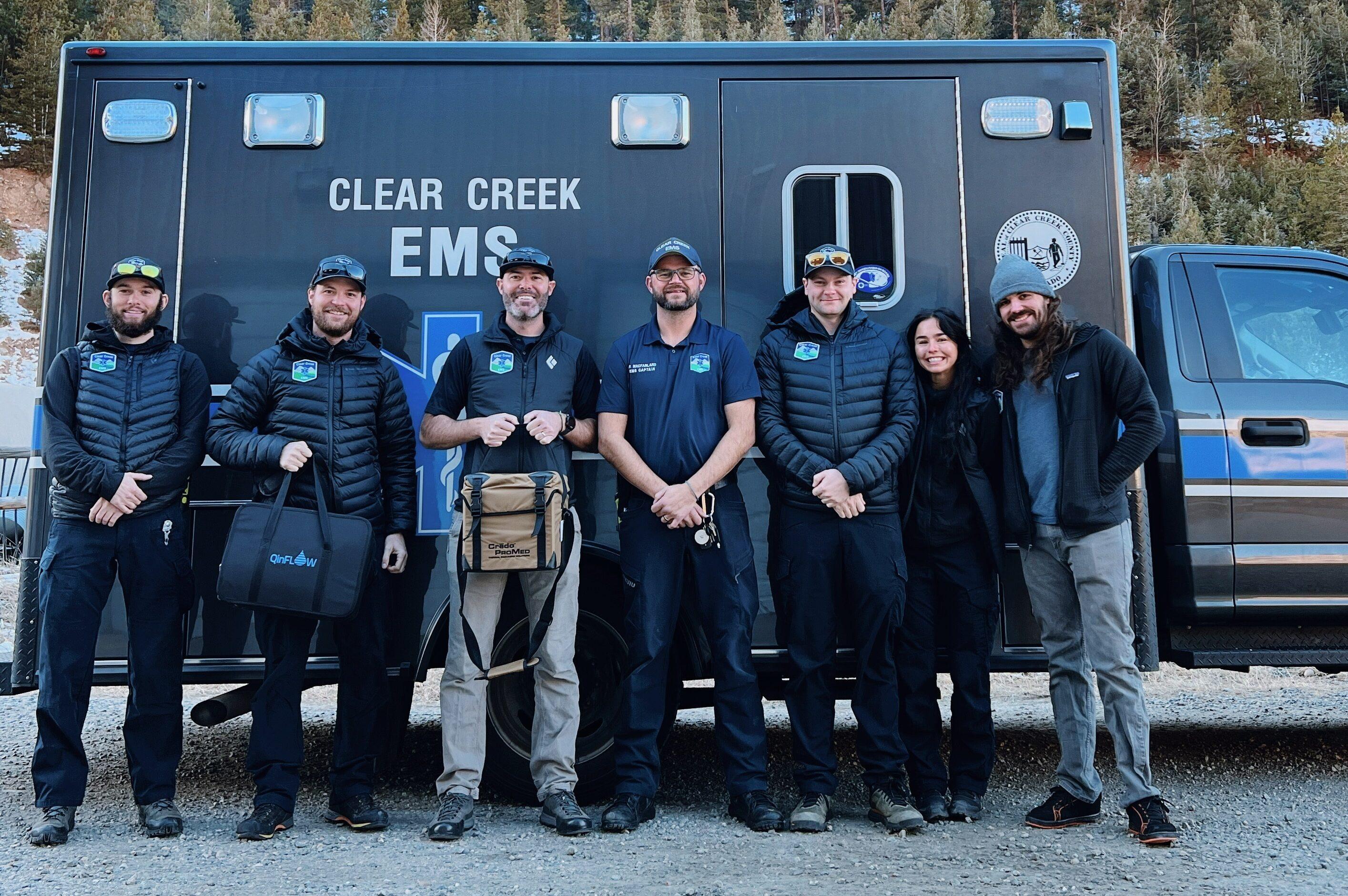 Soldiers returning from combat in Iraq and Afghanistan are being diagnosed with Post Traumatic Stress Disorder, or PTSD, at alarming rates. But doctors in inner-city emergency rooms say they're seeing similar rates among victims of neighborhood violence and other physical trauma.
Soldiers returning from combat in Iraq and Afghanistan are being diagnosed with Post Traumatic Stress Disorder, or PTSD, at alarming rates. But doctors in inner-city emergency rooms say they're seeing similar rates among victims of neighborhood violence and other physical trauma.
Dr. Jerry Jurkovich, head of surgery and trauma services at Denver Health, noticed his patients were showing up at the hospital with classic signs of PTSD, such as insomnia, hyper-agitation and flashbacks. So Jurkovich and his colleagues decided to research the prevalence of PTSD in hospital trauma centers.
“We thought, if people are suffering this after coming back from a war overseas, they [might] be suffering it from the violence that they see in our everyday lives,” Jurkovich says.
Jurkovich’s research found that of those patients who have experienced serious physical trauma, at least one in five have PTSD.
“The high rate surpised us,” Jurkovich says. “And when we looked at this over the course of a year, PTSD prevented a large percentage of people from getting back to their normal lives after injury.”
Jurkovich says Denver Health has begun to screen for the disorder and connect some patients to psychiatrists. But he says more needs to be done at Denver Health to make sure all patients with PTSD are identified. He says screenings in emergency rooms should be routine -- just as primary care doctors ask patients whether they're experiencing depression or anxiety -- but it’s just not happening.
“The likelihood of a hospital having someone screened for PTSD is disappointingly low across the country,” Jurkovich says. “Part of the reason is because this data [about] how prevalent the problem is in the civilian population is fairly new and needs to make it through the current system.”
Jurkovich estimates that about 10 percent of the nation’s hospitals screen for PTSD, but he expects it to eventually become common practice in the nation's emergency rooms.









